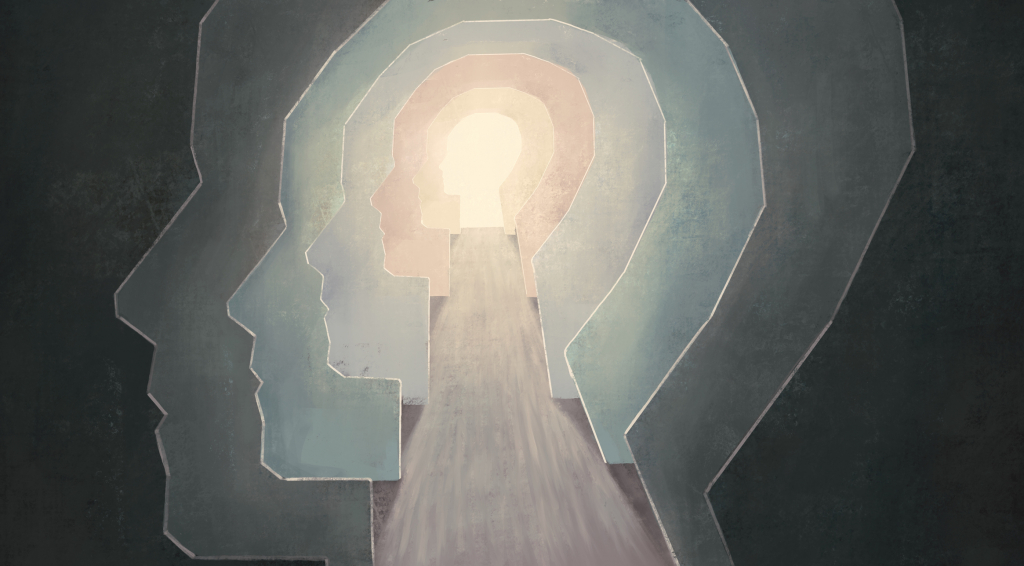Survey reveals mental health status of healthcare workers

While much of the focus has been on the mental health of patients in the past couple of years, given the isolation and uncertainty posed by the pandemic, healthcare workers have also struggled. In fact, some research has compared the trauma experienced by healthcare providers to that of veterans who have been in combat. One survey, in particular, reveals details about the mental health status of healthcare workers as a result of the COVID-19 pandemic.
Researchers refer to the pandemic-related trauma in the healthcare field as “moral injury,” defined as “psychological, biological, spiritual, behavioral and social impact of perpetrating, failing to prevent, or bearing witness to acts that transgress deeply held moral beliefs and expectations.” Healthcare providers have been overworked throughout the pandemic, but they also have felt that sense of shame, regret, or remorse when a patient did not survive, as if they didn’t do enough to save the patient. To feel that countless times a day takes a toll on mental health.
The study found moral injury rates among healthcare workers to be “comparable to those of combat veterans.” In addition, it revealed that burnout rates among those professionals in healthcare have been reported to be more than 50%. Staffing shortages, personal protective equipment rationing, and seeing the public’s general disregard for preventing the transmission of the virus were many of the factors cited in identifying the moral injuries experienced by healthcare workers.
Concern for the mental health status of healthcare workers is similar to that for veterans. Research involving veterans experiencing moral injury has found that high levels can be related to an increase in psychiatric symptoms with regard to post-traumatic stress disorder (PTSD), alcohol and substance abuse, depression, and suicidal tendencies.
Elation’s EHR insurance solution eases your administrative burden, helping you provide quality care for your patients while navigating an increasingly complicated insurance model. Learn more here.
During the height of the pandemic, Mental Health America (MHA) conducted a survey of healthcare workers that revealed their mental health status and the need for better resources for those whose career is focused on helping others. The findings indicated that healthcare professionals are:
Stretched thin and stressed out
- 93% of health care workers were experiencing stress
- 86% reported experiencing anxiety
- 77% reported frustration
- 76% reported exhaustion and burnout
- 75% said they were overwhelmed
Exhausted
- 82% reported feeling emotional exhaustion over the previous three months
- 70% had trouble with sleep
- 68% were physically exhausted
- 63% experienced work-related dread
- 52% experienced compassion fatigue
Struggling
- 57% reported changes in appetite
- 56% were experiencing physical symptoms such as headache or stomach ache
- 55% questioned their career path
Lacking emotional support
- 39% of healthcare workers said that they did not feel like they had adequate emotional support
- 45% of nurses said they had the emotional support they needed.
Nurses reported having a higher exposure to COVID-19 (41%) and they were more likely to feel too tired (67%) compared to other healthcare workers (63%).
MHA emphasizes that if you are a healthcare worker and are concerned about your mental health, go to mhanational.org/frontline to be screened and find resources and support. If you are experiencing a mental health crisis, call 1-800-273-TALK (8255) to reach a 24-hour crisis center, or text MHA to 741741 to reach a trained Crisis Counselor 24/7.






